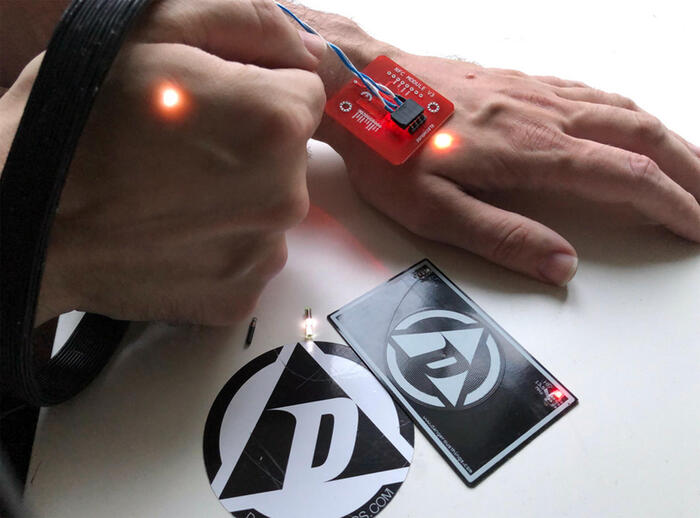He is 37 years old and 32 chips under his skin, with one of them making payments by simply putting his hand near a contactless reader.
It is the story of Patrick Paumen, a Dutch security officer who calls himself a biohacker, told by the BBC.
"The reactions I notice at the cashier are priceless," he tells the magazine, explaining that installing a subcutaneous chip causes the same nuisance as a pinch.
The technology that involves the implantation of microchips in the human body has not been a novelty for decades, but this of Paumen is a bit of an extreme case.
However, the BBC reports a 2021 survey conducted on 4,000 Europeans: it showed that 51% of respondents would consider the idea of installing a chip under the skin.
Paumen has also implanted chips in his body to open doors.
"Technology continues to evolve, so I continue to collect more. I wouldn't want to live without them," she tells the BBC, adding that she has no concerns for either security or privacy.
"The systems - she explains - contain the same type of technology that people use every day. From remote controls to open doors, to bank cards or cards for public transport".
Implanted payment chips are just "an extension of the Internet of Things," a new way to connect and exchange data, explains Theodora Lau, tech and fintech expert, co-author of the book 'Beyond Good: How Technology Is Leading A Business Driven Revolution '.
The Anglo-Polish company Walletmor, one of the first to make these systems available to the general public, has created subcutaneous chips for human use that do not reach a gram in weight and are barely larger than a grain of rice.















